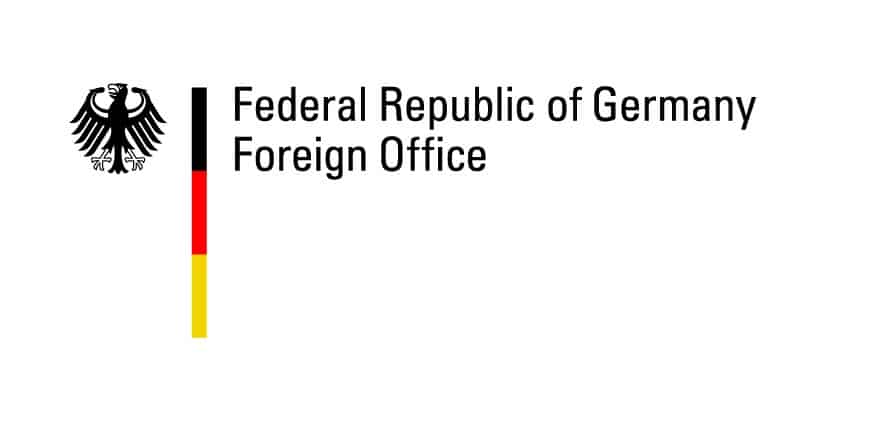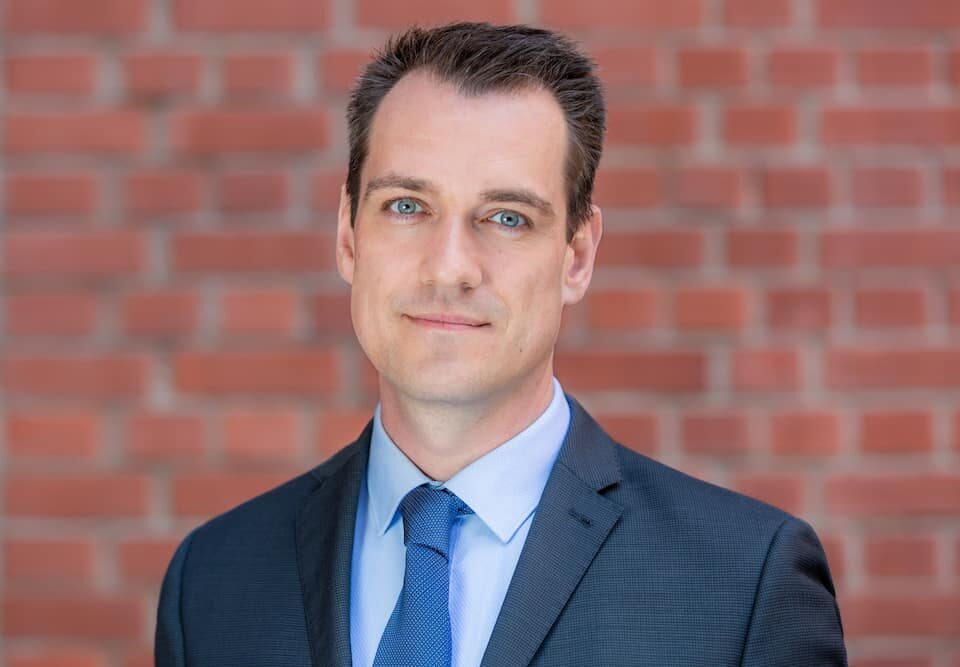Assessment of the Reparation Process for Victims of the Armed Conflict
Since November 2012, the Colombian government and the Revolutionary Armed Forces of Colombia (FARC) have been engaged in talks in La Havana, Cuba, with the aim of ending the decade-long internal armed conflict. The death toll has so far reached 220,000 people, while the overall number of victims extends to over seven million persons. Alongside the ongoing peace process, Colombia has started a transitional justice process in order to deal with past and present crimes and has established, among other mechanisms, an elaborated legal framework on reparation. The legal framework provides for a differential treatment in favour of particularly vulnerable victims who have historically been or are exposed to structural discrimination based on their gender, sexual and ethnic identities, as well as their age and their potential disabilities. However, these provisions have turned out to be particularly difficult to implement in light of the massive number of victims and the general lack of capacities at the local level to deal with the complexity of the legal framework.
Against this backdrop, the Max Planck Foundation assesses the reparation process for the most vulnerable victims of the armed conflict in Colombia. This project involves the review of the current legal framework and its practical implementation as well as interviews and field visits in Bogotá and Apartadó (Antioquia). The findings will be compiled into an assessment report, which addresses the conceptual and institutional complexities in the current framework and advises for more targeted training on adapting reparation to specific victims’ vulnerabilities at the municipal level.
Funding

Duration
2015
News Items
Contact

Johannes Krusemark-Camin
Email: Phone: +49 (0)6221 91404 23 (See full profile)
